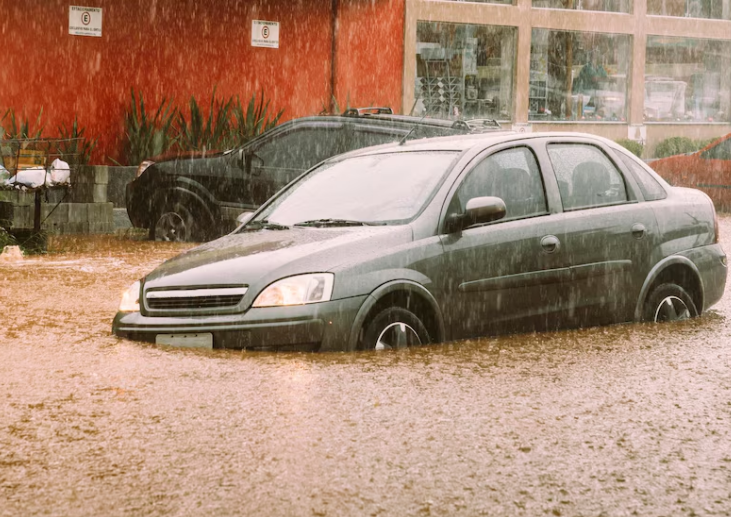Corporate Auto Insurance & Hail Damage
Coverage Determination Factors
Corporate auto insurance covers hail damage only when policies include comprehensive (sometimes called "other than collision") coverage. This optional coverage component specifically addresses damage from weather events, including hail, along with theft, vandalism, and similar non-collision incidents. Most corporate fleets maintain comprehensive coverage on owned vehicles, particularly newer or higher-value units, though some businesses choose liability-only coverage for older, lower-value vehicles. For leased vehicles, leasing agreements typically require comprehensive coverage, automatically including hail protection. Self-insured businesses with large vehicle fleets sometimes exclude comprehensive coverage from their self-insurance programs, creating potential gaps for hail events unless specifically addressed in their funding arrangements.
Deductible Structures
When comprehensive coverage exists, corporate auto policies implement specific deductible approaches for hail claims. Most policies apply per-vehicle deductibles, typically ranging from $500-$2,500, depending on the coverage selected, with each damaged vehicle triggering a separate deductible obligation. Some insurers offer fleet deductible endorsements where a single deductible applies to all vehicles damaged in the same hail event, potentially providing significant savings during widespread storms. Aggregate deductible programs, common in larger commercial auto policies, establish annual deductible maximums after which the insurer covers damage without additional deductible payments, creating particular value for businesses in hail-prone regions experiencing multiple storms annually.
Claim Process Specifics
The corporate auto hail claim process involves several distinct elements affecting recovery outcomes. Most insurers require prompt reporting, typically within 24-72 hours of the damage occurring or being discovered. Professional damage assessment from qualified auto body specialists helps ensure all hail impacts are properly documented, as some dents may not be immediately obvious without specialized lighting techniques. Corporate policies often include direct repair program options and streamlining the repair process through pre-approved vendors, though businesses retain the right to select their preferred repair facilities. For widespread hail events affecting multiple vehicles, insurers sometimes establish mobile assessment centers allowing multiple vehicles to be inspected simultaneously.
Special Considerations
Several unique factors affect corporate auto hail coverage beyond standard provisions. Vehicles damaged while in the care of employees for personal use remain covered, though some policies implement higher deductibles for non-business usage. Rental reimbursement coverage, when included, provides replacement vehicles during repairs, maintaining operational capabilities despite hail disruptions. Diminished value considerations become particularly relevant for newer corporate vehicles, as hail repairs, even when properly completed, may reduce vehicle resale value—a specialized endorsement may be needed to recover this loss type. Businesses should also recognize that repeated hail claims may impact future premium calculations or coverage availability, particularly in high-frequency hail regions.






